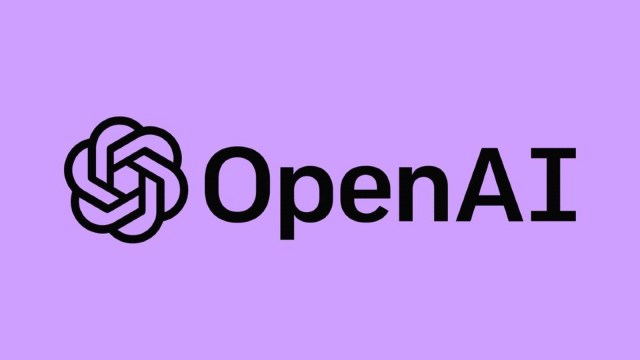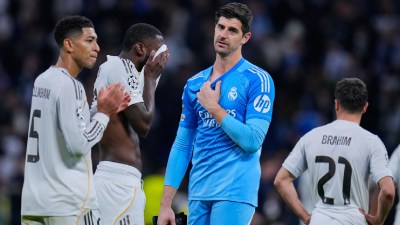OpenAI may introduce streaming platform similar to TikTok with AI-generated content
OpenAI Sora 2, AI video app:OpenAI likely to utilise a next-generation video model to create clips up to 10 seconds long.
 Reports indicate that users will receive notifications whenever their image is used, even if the footage remains in draft and is not published.(Express Photo)
Reports indicate that users will receive notifications whenever their image is used, even if the footage remains in draft and is not published.(Express Photo)OpenAI is preparing to launch a standalone application for its Sora 2 video-generating AI model. The app resembles TikTok, with a vertical video stream and swipe-to-scroll navigation, but what sets it apart is the artificial intelligence (AI)-generated content.
According to reports from WIRED, there are suggestions that the algorithm-powered “For You” page will be launched. On the right side of the feed, a menu bar will provide options for users to like, comment, or remix videos.
It is reported that users may utilise OpenAI’s next-generation video model to create clips up to 10 seconds long. Uploading images or videos from a user’s camera roll or other apps is not currently supported.
Users can verify their identity using the identity verification feature within the Sora 2 App. Once verified, they can use their likeness in videos. They can also be tagged and have their likeness used in videos by others. For example, a user might create a video of themselves and a friend riding a roller coaster at a theme park. Reports indicate that users will receive notifications whenever their image is used, even if the footage remains in draft and is not published.
Last Monday, OpenAI launched the app internally. According to documents seen by WIRED, employee feedback has been mostly positive so far. Some managers have joked that it might become a productivity drain, as employees use it frequently.
OpenAI’s release of the Sora 2 app marks a significant step in increasing user interaction with AI-generated video, similar to the impact ChatGPT has had on text. To take advantage of the current landscape, especially with potential changes in TikTok’s U.S. operations, the app was initially launched via a web page and later integrated into the ChatGPT app. Despite being at the forefront of AI video technology, Sora 2 does have limitations, such as difficulties with complex physics and realistic action in longer clips.
In comparison, TikTok has taken a more cautious approach towards AI-generated content, recently tightening its rules against misleading AI videos. OpenAI’s Sora 2 also faces challenges, including copyright restrictions that sometimes block video creation. These issues are exacerbated by ongoing legal proceedings, such as a lawsuit from The New York Times claiming that its content was improperly used in training the model.
Furthermore, OpenAI has faced criticism over child safety concerns, leading to the introduction of new parental controls. These include account linking options for parents and teenagers, along with forthcoming tools for age prediction to ensure that younger users access a more restricted version of ChatGPT. However, specific age limits for the Sora 2 app have not been revealed.







